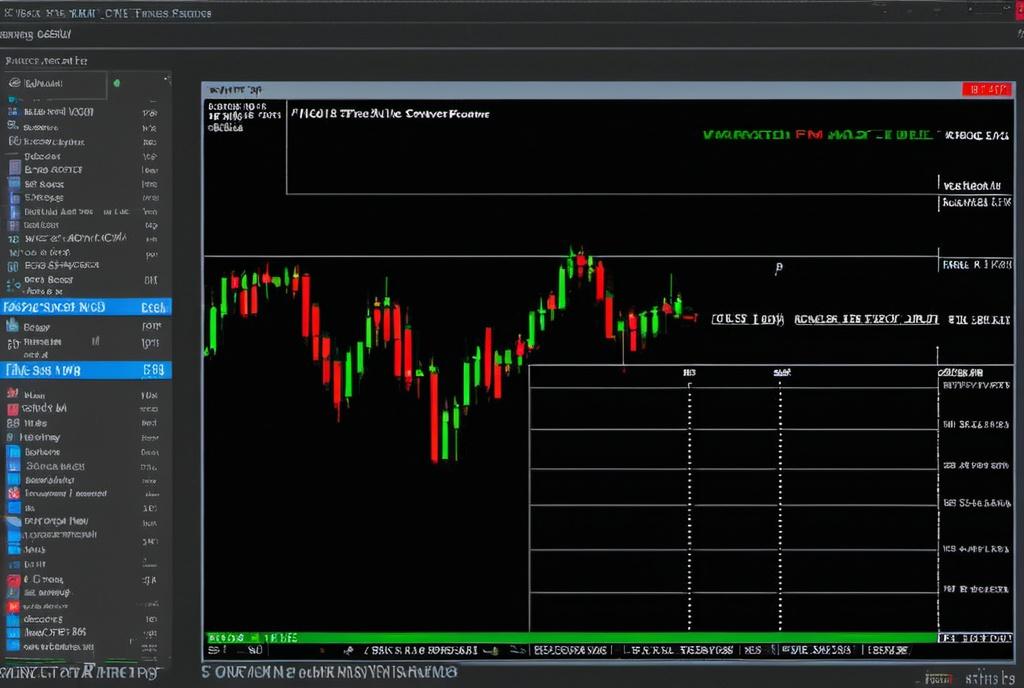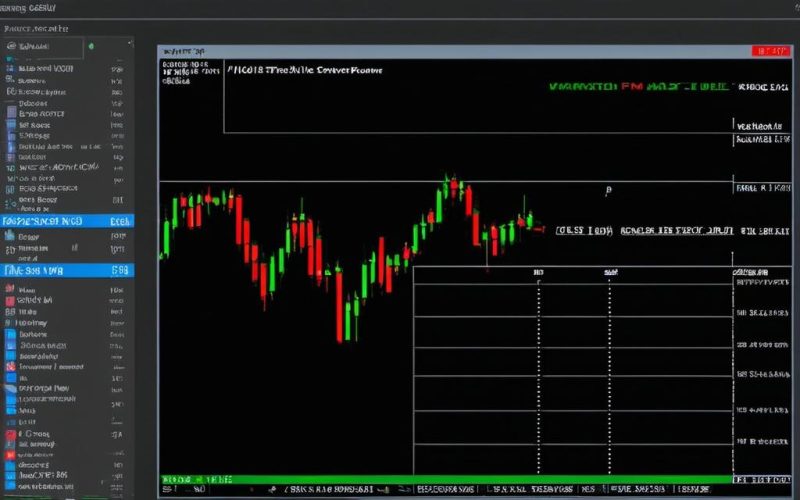Key Take Aways About Futures Contracts
- Futures contracts are agreements to buy/sell an asset at a set future date and price, standardized and traded on exchanges.
- Key players include hedgers who protect against price changes and speculators who seek profit from price fluctuations.
- Leverage allows controlling larger positions with a margin, but it increases potential risks and rewards.
- HIT Software enhances trading with automation, speed, accuracy, and data analysis, offering real-time alerts and risk management.
- Futures trading can benefit from technological tools to make informed decisions and improve risk management strategies.

Understanding Futures Contracts
So, you’re knee-deep in trading and wondering about these things called futures contracts. They’re not as arcane as they sound, really. Imagine a deal where you and another party agree to buy or sell an asset at a future date, at a price you set today. Simple, right? But their simplicity doesn’t take away their utility in the financial world.
How Futures Contracts Work
Think of futures contracts like this: they’re agreements made on trading exchanges to buy or sell a commodity or financial instrument at a predetermined price at a specified time in the future. The magic here lies in the fact that they are standardized, meaning you’re not jumping into a whimsical free-for-all. These contracts specify exact quantities and quality and are traded on regulated exchanges.
For instance, if you expect prices to rise, you can lock in lower prices today. Conversely, if prices are expected to drop, you can secure a higher price now. It’s like booking a concert ticket in advance but in the financial world.
The Players in Futures Contracts
In the futures market, two main players take the stage: hedgers and speculators. Hedgers are like the insurance buyers of the trading world. They use futures to protect against price changes. Think farmers securing a price for their crops before harvest. Speculators, on the other hand, are the gamblers looking to profit from the price changes themselves. They don’t have any real interest in the underlying asset—just potential profits.
Margins and Leverage
Futures contracts don’t require the full amount upfront. Instead, you put down a margin—a small percentage of the contract’s value. This allows for greater leverage, meaning you can control larger amounts with less capital. But be careful, leverage can be a double-edged sword. Profits can spike, but so can losses.
The Role of HIT Software in Futures Trading
Enter the realm of trading software—HIT Software, your trusty sidekick in the futures trading game. This software brings automation and speed to the table, essential in a market where prices can shift in a heartbeat. It’s like having a financial assistant who never sleeps, monitors the markets, and executes trades based on parameters you set.
Benefits of Using HIT Software
The benefits of utilizing HIT Software in futures trading are like having a superpower. Firstly, speed and accuracy are paramount in a world where milliseconds matter. HIT Software can execute trades faster and with more precision than a human can blink. Then, there’s data analysis—HIT Software can crunch numbers and analyze market trends quicker than you can say “volatility.”
Imagine getting personalized alerts and recommendations based on real-time data. This software doesn’t just execute trades; it learns from market patterns, crunching them like a breakfast cereal. The end goal: to help you make informed decisions without the guesswork.
Enhancing Risk Management
Futures trading isn’t for the faint-hearted. With the potential for high returns, the risk is equally daunting. But that’s where HIT Software steps up, offering risk management tools that help traders set stop-loss orders, limit orders, and create alerts for when things start going south. It’s like having an emergency brake for your trades.
Practical Use Cases and Experiences
Consider Joe, a trader in Chicago who got tired of making impulsive trades. Joe implemented HIT Software to automate his trading strategy, which was like turning on cruise control. The software scanned markets, executed trades, and even sent him reminders to adjust his strategies based on current trends. Joe didn’t just see better returns, he also got his Mondays back from endless screen-watching.
Conclusion
Futures contracts offer a world of opportunities—okay, maybe not a world, but definitely a fair share of them. Whether you’re looking to hedge risks or try your hand at speculation, understanding the flip side is crucial. Pair this knowledge with savvy tools like HIT Software, and you’re setting yourself up for smarter trading. Think of it as combining an ancient marketplace deal with a modern-day algorithm.
